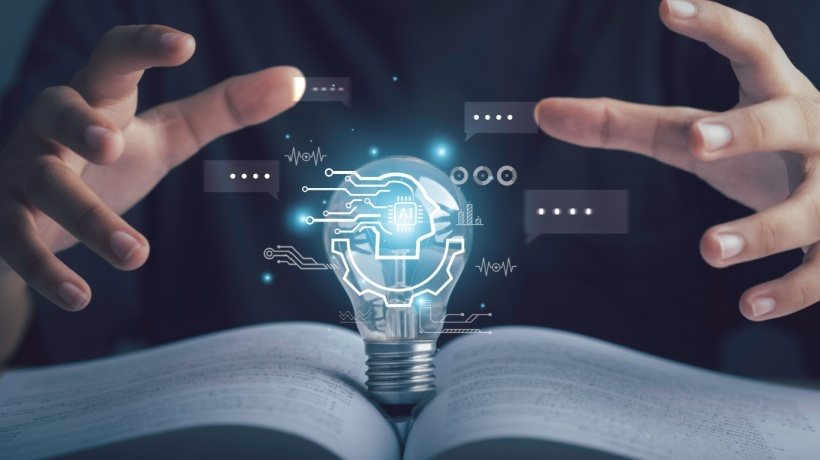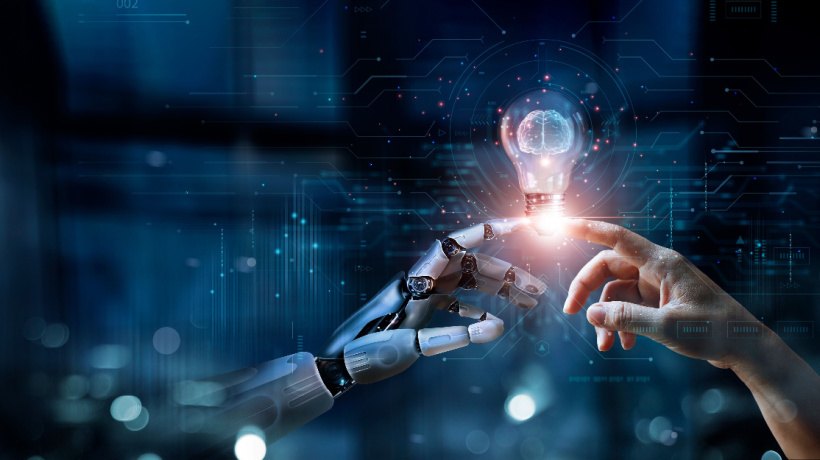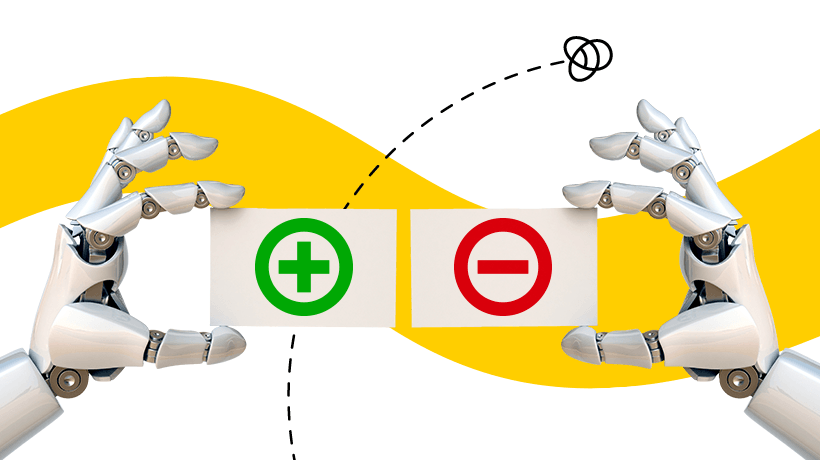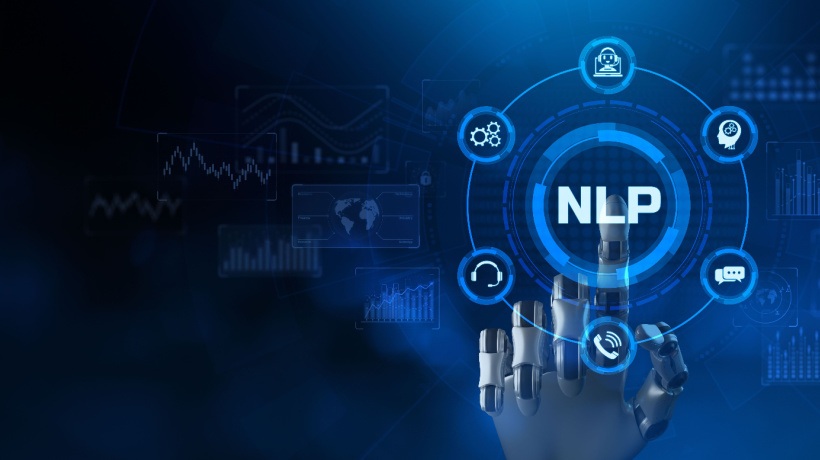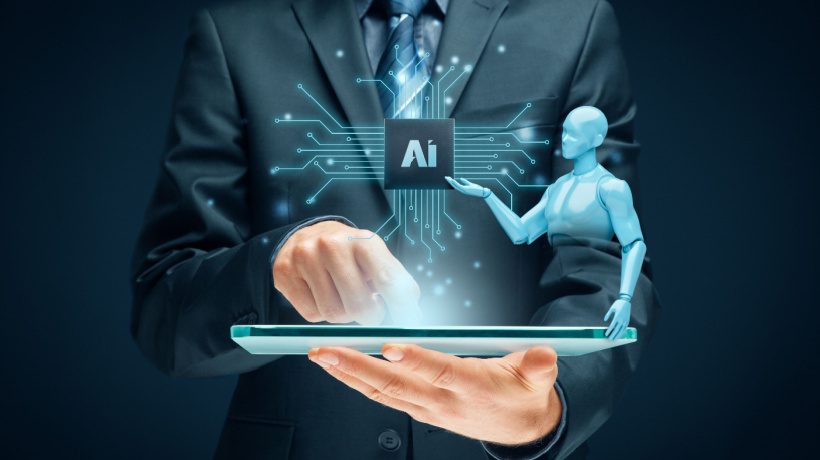What You Need To Know About Generative AI's Business Benefits
According to a recent survey, about 54% of US companies have implemented generative AI (GenAI) in certain areas of their business structures. The benefits of generative AI are massive, and a few tech startups are devoted to serving specific vertical needs in Artificial Intelligence. GenAI has two distinctive roles: generating and discriminating. The first refers to the algorithm producing content based on the provided directions, and the latter evaluates the quality of that content to ensure it's relevant. As a result, AI continuously improves its performance by providing high-quality material and analyzing data. That's because the generator and discriminator never stop competing. On the one hand, the generator tries to create content to fool the discriminator, while the latter tests the material relentlessly to distinguish real from generated content. The more sets of data professionals feed GenAI, the greater the possibility of producing content of exceptional quality.
Business Sectors Affected By Generative AI
1. Media And Entertainment
This sector is one of the most obvious beneficiaries of generative AI. Startups are already leveraging AI to reduce the cost of tattoo designs, artwork, real estate staging, graphic design, and more. Companies that curate video games can utilize AI to design scenes and characters so graphic designers don't have to do everything manually. Also, music streaming services can use the algorithm to create personalized playlists based on each listener's taste. The same goes for TV series and movie streaming services that can make content suggestions based on users' viewing histories. Yet, many people fear that using AI may replace artists and writers. However, humans and Artificial Intelligence can collaborate to create content. Such a practice may change the way artists are recognized for their work, but they will still be able to work on what they love.
2. Manufacturing
This is the second most benefited sector by AI and Machine Learning (ML), as the algorithms can automate repetitive tasks and streamline hard processes. For instance, humanoid bipedal robots can complete complex and possibly dangerous tasks within small spaces in collaboration with humans. Additionally, generative AI can improve product quality and prevent companies from wasting resources and stock. Thanks to its analyzing capabilities, it can notice human errors and inform workers of the proper steps they should follow for each task.
3. Education
Generative AI such as AI detectors and generators can benefit both students and teachers. It can curate personalized material and learning journeys for students based on their unique needs and gaps. Therefore, every student's engagement increases, and their motivation to participate and learn skyrockets. Moreover, highly trained AI tools may be able to grade papers and provide automated feedback based on each learner's performance. This leaves more time for educators to organize their material better and focus on each student. And let's not forget about eLearning. AI makes education more accessible than ever since anyone can learn new skills through online courses.
4. Healthcare
The World Health Organization says that about 50% of medical errors are attributed to administrative errors. Imagine the benefits of generative AI if it were utilized by hospitals and clinics. Such errors would seriously decrease as the machines would help doctors make more accurate diagnoses. What is more, AI can create personalized treatment plans for patients and save doctors precious time. However, algorithms can be inaccurate and untrustworthy. That's why they should be trained using the right sets of data, and doctors must analyze the findings to ensure accuracy and effectiveness.
5. Advertising
Creating great and engaging ads requires creativity and innovation, two ingredients the human brain can often run out of. This is where generative AI steps in to offer fresh ideas. Whether it's for content generation, ad copy creation, or ad personalization, the algorithm can come up with slogans, headlines, and catchy photos. Also, this technology can analyze large sets of data and identify trends and patterns that may prove successful with a company's audience. Augmented and Virtual Reality can also create interactive ads, making them even more engaging.
6. Finance
The benefits of generative AI can be immense for the financial industry, as it can automate time-consuming tasks, predict risks, and identify great investing opportunities. Therefore, people can make better decisions regarding high-risk investments and reduce losses. Along with human interventions, investment opportunities become safer. Also, fraud detection improves since machines can recognize suspicious activities and prevent them from spreading. Lastly, AI tools like chatbots and online brokers make it easier for finance customers to access their data and information regarding their activities.
7. Retail And eCommerce
AI-powered technology hosts so many opportunities for retail and eCommerce, sectors that have already been impacted by global digitization. First, the algorithm can provide recommendations to customers based on their viewing history, offer virtual try-on experiences, and predict demand for specific products. Also, based on different buyer personas, AI can curate ads and personalized messages. The data the technology collects helps manufacturers design and create items that fit their audience's preferences. As a result, retailers spend their money wisely and target buyers effectively.
8. Real Estate
This industry is projected to be next in taking the AI leap. Generative AI is able to do a lot for real estate companies, such as analyzing large sets of data regarding specific listings and the market's peculiarities. It may also forecast demand and help agents prepare themselves with powerful marketing strategies that target their core audience. And maybe one day, generative AI will be able to calculate the worth of a property accurately.
9. Urban Planning
How can generative AI benefit architects and city officials in their urban planning efforts and create smart cities that elevate people's lives? First, it can create simulations of city layouts, design traffic patterns and choose the best ones, optimize energy consumption, and advise on environment-friendly architecture. The algorithm can even identify the most appropriate materials that save energy and improve pedestrians' and cars' street navigation.
10. Automotive
Automatic buses and cars are already present in our society, and generative AI can speed up the testing and prototyping process. From developing aerodynamic models to trialing real-world driving scenarios, it might solve many transportation issues. These problems include traffic congestion, parking space shortage, and long commutes. While there is no clear plan regarding the automotive industry, AI definitely shows promise if implemented correctly.
Conclusion
While generative AI has tremendous potential and projected benefits, nothing is definite, and we still need time to see how its implementation will affect our lives and jobs. Many industries have already invested in AI tools and are seeing great results, while other sectors are waiting until AI tech companies can provide them with viable solutions. The bottom line is that we can't go back in time and forget all about Artificial Intelligence. It's here, and professionals and companies must find a way to collaborate and coexist with it.
